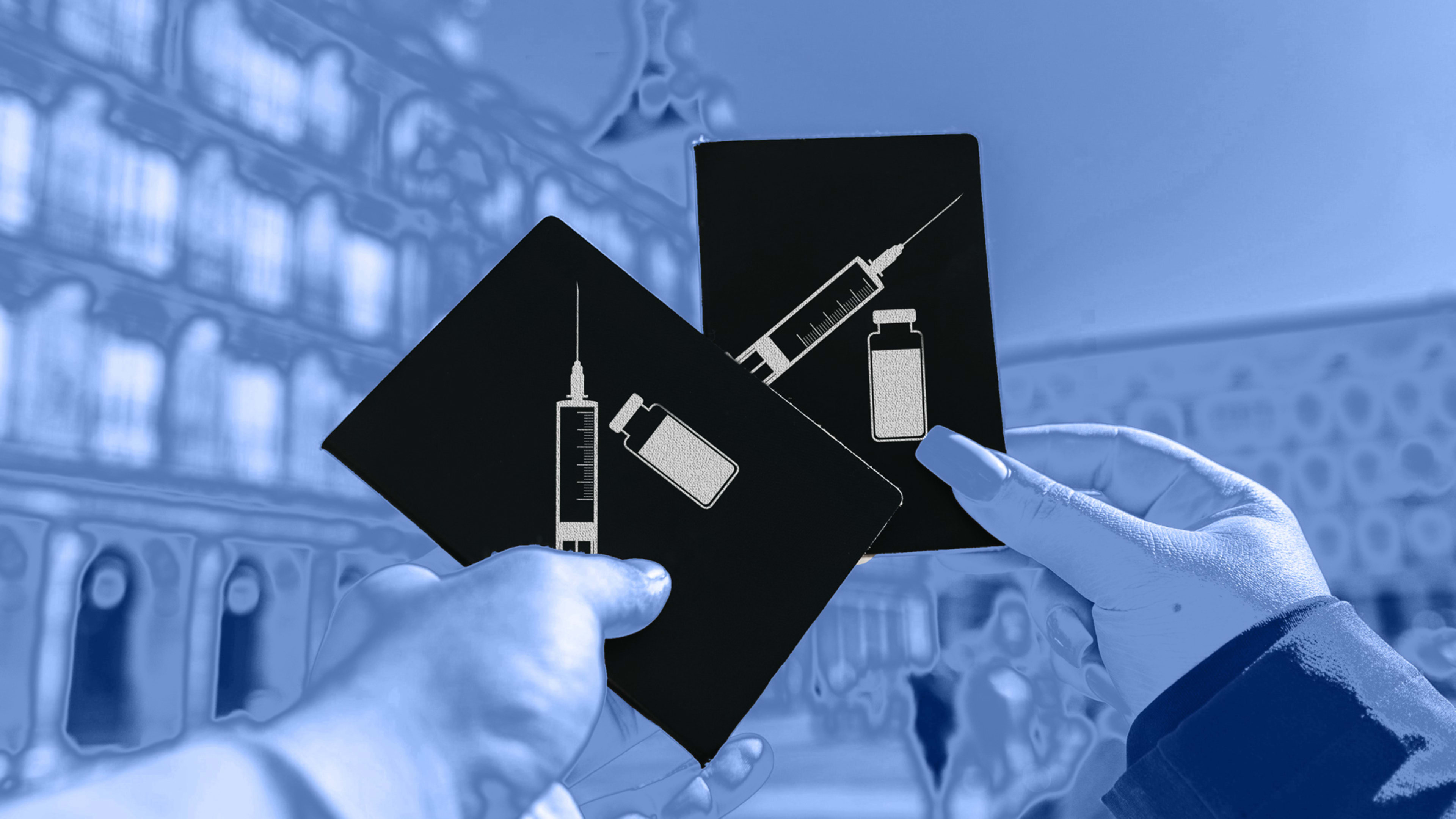Before people can return to work, school, or travel, they may soon have to prove that they’ve been vaccinated for COVID-19. In order to both coordinate and track vaccination, a coalition of tech companies have come together to design an open-source standard for vaccination records that makes them portable between healthcare providers and certifies a person’s COVID-19 vaccination history.
The Vaccine Credential Initiative is made up of tech companies Microsoft, Salesforce, and Oracle; healthcare providers Evernorth and the Mayo Clinic; and nonprofits Mitre, CARIN Alliance, Change Healthcare, Safe Health, and the Commons Project. It also includes Epic and Cerner, which make electronic records software used by more than 50% of the U.S. healthcare market, ensuring the standard will have broad reach. The Commons Project also works with the World Economic Forum, which has agreed to introduce the standard to participants in its global Common Trust Network as well as airline partners.
“Traditionally, there wasn’t a real need to ensure traceability and immutability in health information,” says Paul Meyer, CEO of the Commons Project, which launched a health passport last year to help travelers prove they’d tested negative for COVID-19 before traveling. This week, Los Angeles County announced that students will have to get COVID-19 vaccinations once they’re available to them before returning to campus.
The new rules are likely to spur a black market for falsified immunization certification as it has already for fake test results. “All of a sudden there’s now a potential incentive to falsify the records,” Meyer says. A common vaccination record could make it harder to fake certification.
Dr. Brian Anderson, MitreIt’s very important that the digital health technologies that we create don’t accentuate the digital divide in our society.”
The Commons Project will use the new vaccination standard in its app, CommonPass, which stores a person’s COVID-19 testing history and vaccinations. The company initially launched the app to help travelers prove to airlines they’ve been tested for COVID-19. But the vaccination standard is open source and can be implemented in any app. The certification code can even be printed onto paper for those without a smartphone.
“It’s very important that the digital health technologies that we create don’t accentuate the digital divide in our society and create more problems for underserved communities that might not have access to certain technologies,” says Dr. Brian Anderson, chief digital health physician at Mitre, a nonprofit that works with government agencies on public projects. “We believe that an open-source coalition based on an open-source readily available standard is part of the solution to ensuring equitability of access to this kind of verifiable credential.”
Getting companies to embrace a single standard for vaccination records could pave the way for more open health records in general. A person’s health history is typically difficult to share. Different electronic health records have their own proprietary methods of documenting health data and they’re not easy to transfer from one health system to another. Patients often struggle to get a copy of their full medical record.
“This is all about empowering individuals and enabling individuals to exercise our legal rights under HIPAA [Health Insurance Portability and Accountability Act] and under the new HHS [U.S. Department of Health and Human Services] data-blocking rules,” Meyer says. “People actually have a legal right to their data.”
Recognize your brand’s excellence by applying to this year’s Brands That Matter Awards before the early-rate deadline, May 3.
